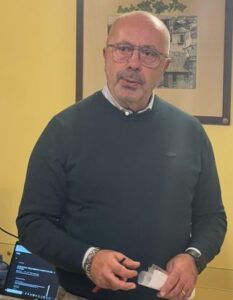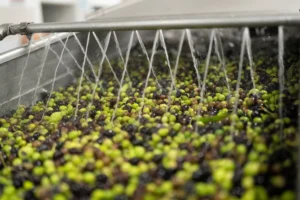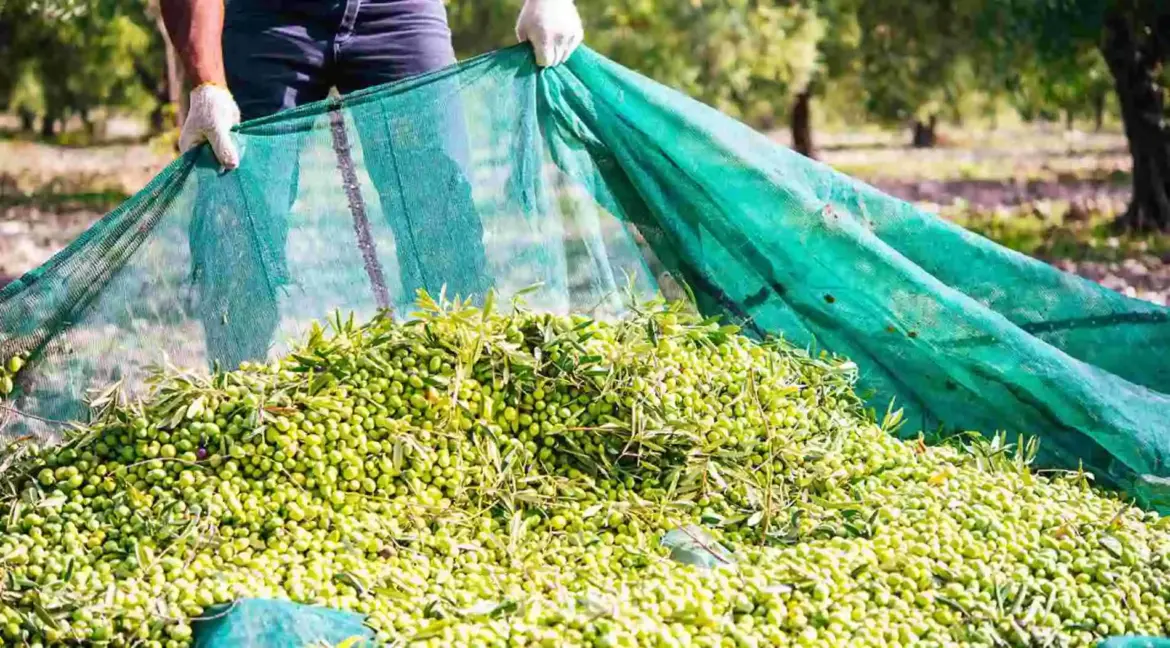“The rule regarding the six-hour maximum time allowed for traders to deliver olives to an oil mill absolutely needs to be reconsidered, because it really risks shutting down plants across half of Italy.”
 Alberto Amoroso
Alberto Amoroso
Alberto Amoroso, president of AIFO, the Italian Association of Olive Oil Mills, is clear in defining the inappropriate new measure introduced to regulate the olive market and calls for urgent intervention in view of the upcoming olive oil campaign. This follows a discussion with the Association’s regional representatives, during which they jointly decided to act immediately. A first conversation with ISCentral Committee for the Protection of Quality and the Repression of Fraud in Agri-food Products (ICQRF) e contacted the Ministry for a meeting with Undersecretary Patrizio La Pietra.
“The spirit of the rule is fully shared – Amoroso clarifies – And we millers are the first to call for the strictest controls to ensure maximum product traceability, preventing any possibility of fraud that harms the entire industry. But we must be realistic. The mills in central and northern Italy, where olives are never produced in sufficient quantities to accommodate their olive mills, need to source from the south, using trusted traders. Do we want to give these traders at least 24 hours to deliver the goods? We believe this is a more than reasonable proposal! On the other hand, this approach would also protect the Producer Organizations, which, by selling their members’ olives, also become “traders” in all respects and are therefore subject to the strict 6-hour deadline.

Last but not least, Amoroso underlines a further aspect: “Just when the Government has opportunely launched a call for proposals to modernize olive oil mills, funded by PNRR resources—a call that has seen extraordinary response from millers—this six-hour limit risks having serious economic repercussions for those who have made significant investments, confident they can process an adequate quantity of olives to quickly recover their expenses.”


Dining and Cooking